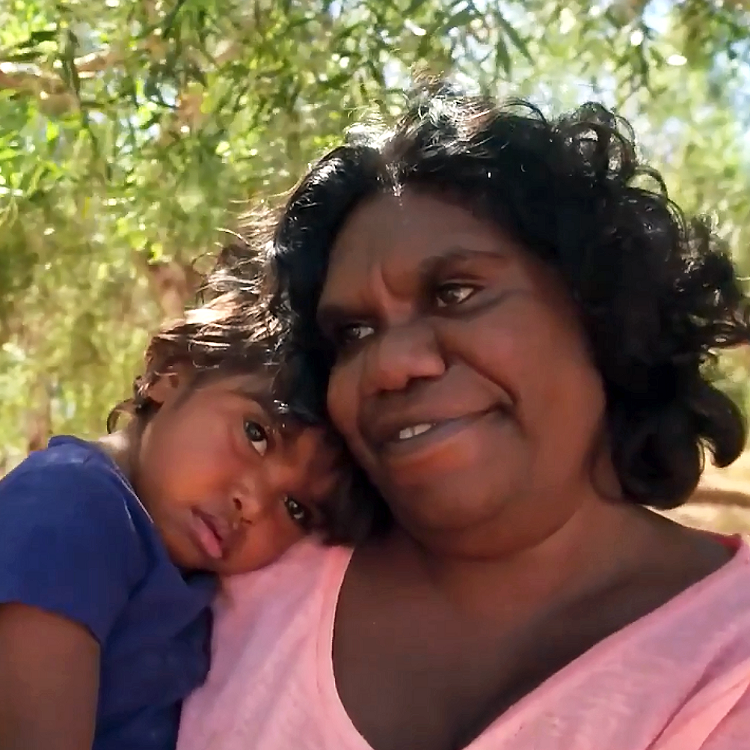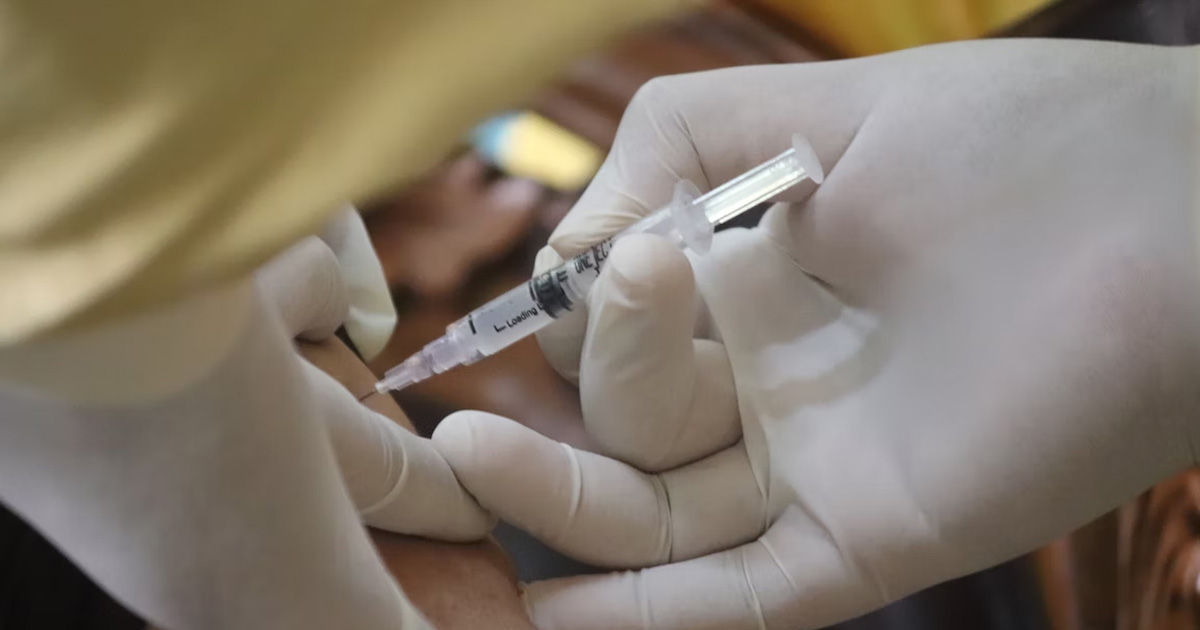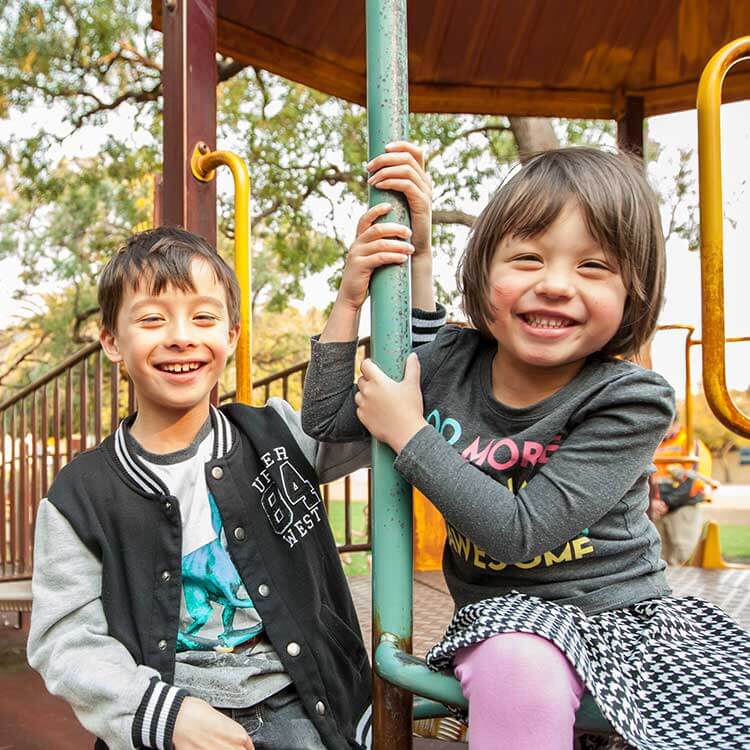Search
Showing results for "Au"
Research
Optimized 25-hydroxyvitamin D analysis using liquid-liquid extraction with 2D separation with LC/MS/MS detection, provides superior precisionThe analysis of 25-hydroxyvitamin D3 (25(OH)D3) and related metabolites represents a considerable challenge for both clinical and research laboratories...
Research
P2X7 receptor-mediated killing of an intracellular parasite, Toxoplasma gondii, by human and murine macrophagesThe P2X7R is highly expressed on the macrophage cell surface, and activation of infected cells by extracellular ATP has been shown to kill intracellular bacte
Research
Boosting airway T-regulatory cells by gastrointestinal stimulation as a strategy for asthma controlThe hallmark of atopic asthma is transient airways hyperresponsiveness (AHR) preceded by aeroallergen-induced Th-cell activation.
Research
Measuring use and cost of health sector and related care in a population of girls and young women with Rett syndromeThis study measured use and cost of health sector and related services in Rett syndrome and effects of socio-demographic, clinical severity and genetic...

News & Events
Making FASD History in the Pilbara: celebrating International FASD Awareness DayTo mark International FASD Awareness Day, The Kids will launch a series of health promotion videos that feature local Aboriginal community members.

News & Events
Meningococcal vaccine provides extra protection for bubsIn 2017, a steep rise in cases of meningococcal disease caused by the W strain sparked a wave of concern for parents in Western Australia.
Research
Child development at school entry and student wellbeing six years laterIt has been well established that children's development at school entry is associated with their later academic achievement, but less is known about whether there is also an association with other measures of school success, such as students' social and emotional wellbeing.
Research
Blinatumomab as bridging therapy in paediatric B-cell acute lymphoblastic leukaemia complicated by invasive fungal diseaseInvasive fungal disease (IFD) remains a challenging complication of treatment for paediatric acute leukaemia. Consensus fungal treatment guidelines recommend withholding chemotherapy to facilitate immune recovery in this setting, yet prolonged delays in leukaemia therapy increase risk of relapse.

News & Events
Study suggests flu vaccine may take edge off RSV casesA The Kids Research Institute Australia study has suggested the seasonal flu vaccine for children could also protect them from respiratory syncytial virus (RSV), with the dual benefit easing pressure on hospitals.

Research
Paediatric Active Enhanced Diseases Surveillance (PAEDS)PAEDS monitors for key vaccine preventable conditions and severe side effects from vaccine in 5 paediatric hospitals in Australia.
